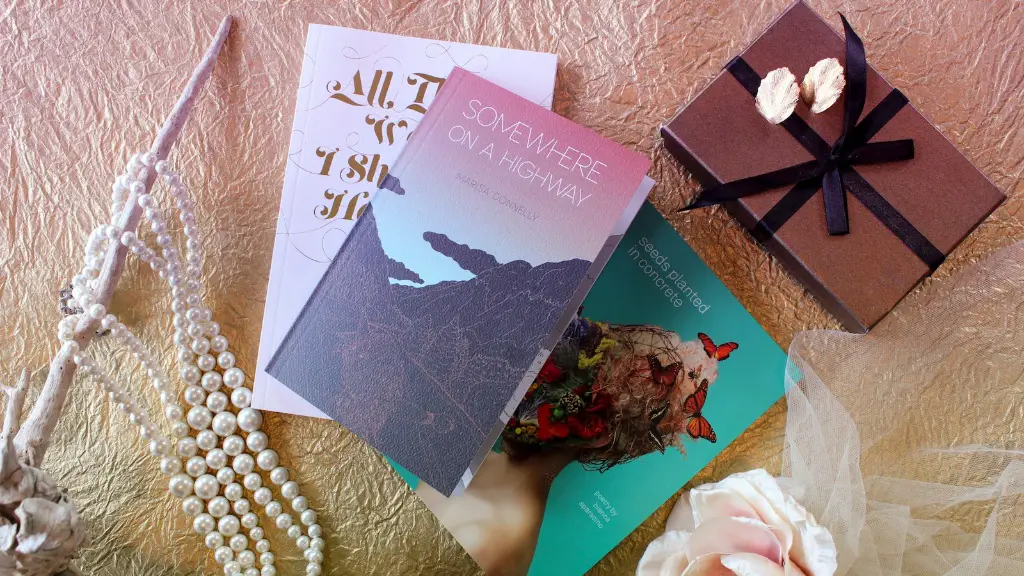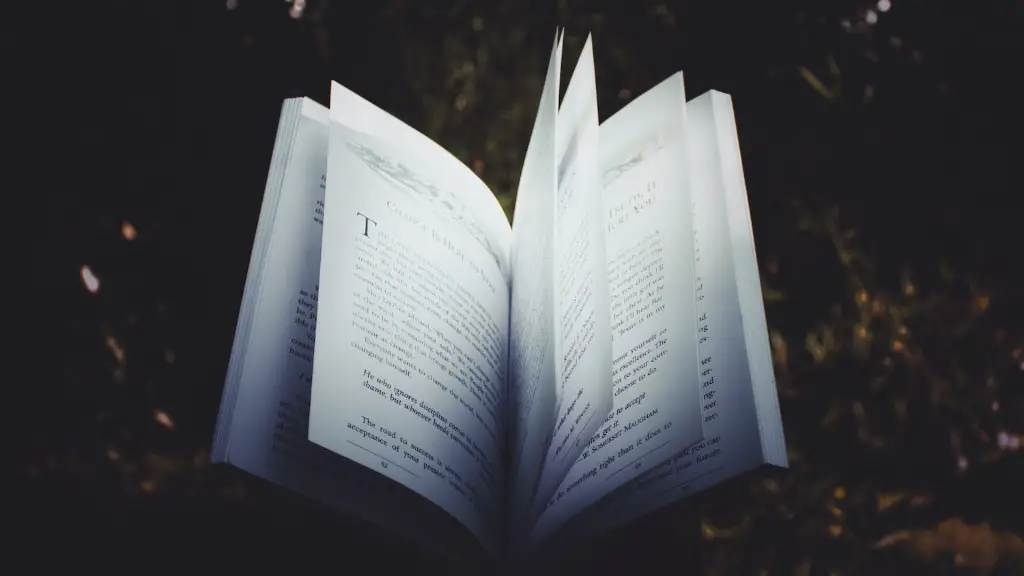What is the use of poetry? Poetry has been used throughout history as an art form to express emotions and capture ideas that cannot otherwise be put into words. Poetry can have a profound impact on our lives and has been used to heal, comfort, and uplift all those who choose to engage in it. In an increasingly digital world, poetry can be an incredible way to connect to our inner self and connect with others, as well as to bring meaning to our lives.
History of Poetry
Poetry has been around for thousands of years and was once used as a way to tell stories, convey emotions, and express thoughts in a way that felt more accessible and engaging than just plain, ordinary language. In Ancient Greece, poetry was often used to tell myths and legends. In the Middle Ages, poets wrote epics and ballads to help tell cautionary tales and spread important messages to the people. In the Renaissance, William Shakespeare wrote some of the most famous poems of all time, which are still studied and admired in modern-day schools. This shows that poetry has been used throughout history in many different ways, and it is still used today to express all kinds of emotions and ideas that cannot be put into words.
Benefits of Poetry
One of the greatest benefits of poetry is its ability to help us process emotions and difficult situations. By expressing our thoughts, feelings, and experiences in poetic form, we can make sense of our life and better connect to our inner self. Poetry can also help us feel comforted and uplifted in hard times, as the words can provide a great source of comfort and strength. Furthermore, poetry can help us to connect with others, and by sharing our stories and feelings through this art form, we can deepen and strengthen our relationships.
Poetry can also be a way to express our creativity, as it can be used to create works of art that are both meaningful and beautiful. Writing poems can be a great form of self-expression and can open up a creative outlet for us to express ourselves and explore our own creative potential. Finally, poetry can be a great source of solace and relaxation, as it can give us an enjoyable way to escape the stresses of everyday life and take a moment to enjoy the beauty of language.
Techniques of Writing Poetry
As with any art form, there are certain techniques and tips that can help you make the most of your poetry-writing experience. One of the main techniques of writing poetry is to use vivid imagery and metaphor. By using powerful words and descriptions in your poem, you can create powerful images in your mind and in the minds of the readers. It is also important to experiment with sound and rhythm when writing poetry, as the right words and sounds can have a huge impact on the emotional impact of the poem. Finally, it is important to write from the heart and speak your truth, no matter how difficult it may be to express.
Tools to be Used for Writing Poetry
There are plenty of tools and resources available that can help you write your own poetry. For starters, there are literary tools like rhyming dictionaries and thesauruses that can help you find the right words for your poems. Additionally, journals can be a great way to document the ideas and thoughts that come to you when you’re writing. The Internet can be a great resource for all poetry-related needs, as there are many websites dedicated to poetry that can provide helpful advice and inspire you when you’re feeling stuck. Finally, don’t underestimate the power of reading other people’s poetry, as this can help you further improve your own writing.
Types of Poetry
When it comes to writing poetry, there are many different genres and types of poetry that you can explore. Haiku is a poetic form that originated in Japan and is defined by its short length and syllable count. Limerick is a type of light-hearted poem and is often used to tell stories in an amusing and humorous way. Free verse is a type of poem that has no specific structure and allows poets great freedom in expressing themselves. Additionally, there are many other forms of poetry, such as sonnets, odes, and villanelles, each of which have their own unique structure and style.
Use of Poetry in Education
Poetry can be a great way to engage students and help them learn about language, literature, and the human experience. By engaging with poetry, students can learn important literary elements, such as literary devices, structure, and rhythm. Furthermore, poems can act as a source of inspiration for students, as they can be used to teach about social issues, culture, and history. In addition, poetry can also be used to help students process and communicate their own thoughts and feelings, as well as to develop greater emotional intelligence.
Use of Poetry for Social Change
Poetry has been used throughout history to push for positive social change, and this continues today. Poems that address social issues, such as gender inequality, discrimination, and poverty can be powerful tools for raising awareness and sparking meaningful discussions. Additionally, poetry can be used to empower and inspire people to make systemic and structural changes in society. By sharing stories, experiences, and perspectives through their poetry, poets can help bring about meaningful dialogue and constructive conversations about important social issues.
Final Comments about Poetry
In conclusion, poetry is a powerful art form that can be used in many different ways. It can be used to process difficult emotions, connect with others, and express emotions that cannot be put into words. Poetry can also be used to engage students and help them learn about language, literature, and the human experience. Finally, it can be used to call for positive social change and empower people to speak out and make a difference.


